- myFICO® Forums
- Types of Credit
- Credit Cards
- Best fixed apr credit card to have for emergencies...
- Subscribe to RSS Feed
- Mark Topic as New
- Mark Topic as Read
- Float this Topic for Current User
- Bookmark
- Subscribe
- Mute
- Printer Friendly Page
Best fixed apr credit card to have for emergencies?
Is your credit card giving you the perks you want?
Browse credit cards from a variety of issuers to see if there's a better card for you.
- Mark as New
- Bookmark
- Subscribe
- Mute
- Subscribe to RSS Feed
- Permalink
- Report Inappropriate Content
Re: Best fixed apr credit card to have for emergencies?
Is First Federal FCU still geofenced to a few counties in Iowa or have they gone national membership? BTW I have talked to them several years ago, they have the nicest customer service people.
Guyatthebeach
- Mark as New
- Bookmark
- Subscribe
- Mute
- Subscribe to RSS Feed
- Permalink
- Report Inappropriate Content
Re: Best fixed apr credit card to have for emergencies?
Here are my suggestions:
1. SCSCU Platinum Visa 10.9% APR fixed and no BT or cash advance fees. Membership open restricted to SC residents only.
2. NFCU Platinum Visa 10.9% APR fixed.
Non-credit card options
1. REV FCU personal line of credit up to $20,000 with fixed rates at low as 9.90%. Unless something as changed, minimum payments are 2% of balance plus interest. National membership with ACC.
2. SDFCU personal loan with fixed rates as low as 8.74% for a 2 year term. National membership. I will warn you that if you go this route, deposit money into a SDFCU checking or savings account account. Do not pay directly with an external account. SDFCU has a history of either losing payment made with external accounts or will hold them. I have never had an issue but I know people that have.
Guyatthebeach
- Mark as New
- Bookmark
- Subscribe
- Mute
- Subscribe to RSS Feed
- Permalink
- Report Inappropriate Content
Re: Best fixed apr credit card to have for emergencies?
@Guyatthebeach wrote:Here are my suggestions:
1. SCSCU Platinum Visa 10.9% APR fixed and no BT or cash advance fees. Membership open restricted to SC residents only.
2. NFCU Platinum Visa 10.9% APR fixed.
Non-credit card options1. REV FCU personal line of credit up to $20,000 with fixed rates at low as 9.90%. Unless something as changed, minimum payments are 2% of balance plus interest. National membership with ACC.
2. SDFCU personal loan with fixed rates as low as 8.74% for a 2 year term. National membership. I will warn you that if you go this route, deposit money into a SDFCU checking or savings account account. Do not pay directly with an external account. SDFCU has a history of either losing payment made with external accounts or will hold them. I have never had an issue but I know people that have.
Guyatthebeach
These are great and interesting options too!
I think the NFCU platinum *would* be great if you got the lower range of their APR especially since they're known to give huge limits, but it's variable not fixed I think. And according to some data points here on this forum, you might not be able to request lower APRs anymore, really a shame if so.
- Mark as New
- Bookmark
- Subscribe
- Mute
- Subscribe to RSS Feed
- Permalink
- Report Inappropriate Content
Re: Best fixed apr credit card to have for emergencies?
@Guyatthebeach wrote:
Is First Federal FCU still geofenced to a few counties in Iowa or have they gone national membership? BTW I have talked to them several years ago, they have the nicest customer service people.
Guyatthebeach
Hi there @Guyatthebeach! Thanks for your question -- unfortunately, when I asked the Copilot AI about the geofenced status of First Federal Credit Union (i.e., nationwide access vs. geofence), this was the response I received: "First Federal Credit Union is still geofenced to specific counties in Iowa. Their membership is open to individuals who live, work, worship, or attend school in Linn, Benton, Dickinson, Clay, and Buena Vista counties. They have not expanded to national membership."
Sorry about that...hopefully they will enable nationwide access at some future point!

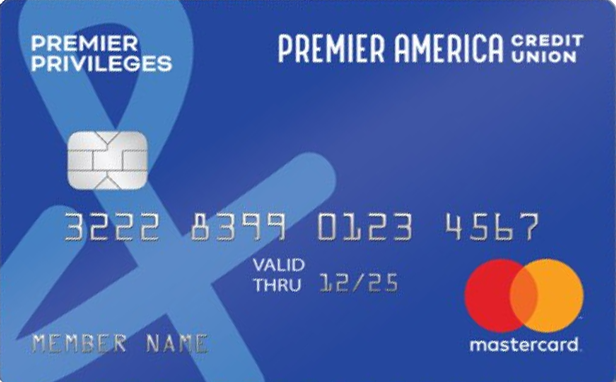


































- Mark as New
- Bookmark
- Subscribe
- Mute
- Subscribe to RSS Feed
- Permalink
- Report Inappropriate Content
Re: Best fixed apr credit card to have for emergencies?
If you want to do credit cards right, then you should be reliably paying them off or leaving some change on the table each month. Let the institutions earn their pennies in profit. When you do this responsibly, reliable, and consistently, it really doesn't matter if you hold an 8% card, or a 38% card, because you never intend to let them earn much of anything at all. When you arrive at this point, it also suggests that you've built an emergency fund separate from credit cards already.
Now, if you've done all this, and it's a real case of SHTF that outlasts your emergency funds or much more, then it takes the importance up a notch. This is where your financial intellect comes into play. To do things you couldn't do, when times were good. Find the silver lining, as there's always at least one. Financial instituations can't bleed a stone, and depending on the severity of the economic condition at hand, opportunities present themselves.
Multiple months in free credit reward vacations.
$X,XXX in bank rewards in only 12 months.
I like FREE...
800+ FICO.
Making all numbers dance on a financial ledger.
Abuse that score responsibility.
Take nothing I say as financial advice. DYODD.
- Mark as New
- Bookmark
- Subscribe
- Mute
- Subscribe to RSS Feed
- Permalink
- Report Inappropriate Content
Re: Best fixed apr credit card to have for emergencies?
In case of some emergencies, e.g. between jobs without income, it is less likely to be approved for new credit cards, to potentially use their 0% APR offers.
So, a good practice can be having several credit cards and use their BT offers, in case of emergencies (BT fee~0%-5%), till the emergency issues get resolved.
Other options can be pulling from saving account, 401k (possible tax penalty in some cases), or HELOC.
 Fico8: EX~EQ~TU~840 (12 month goal~850).
Fico8: EX~EQ~TU~840 (12 month goal~850).BOA (CCR, UCR), Chase (CFF, CSP, Amazon, CIC, CIU), US Bank (Cash+, AR, Go, Ralphs), Discover, Citi (CCC, DC, SYW), Amex (BCP, HH, Biz Gold, BBC, BBP), Affinity CR, Cap1(Walmart), Barclays View.
- Mark as New
- Bookmark
- Subscribe
- Mute
- Subscribe to RSS Feed
- Permalink
- Report Inappropriate Content
Re: Best fixed apr credit card to have for emergencies?
@Realist escribió:If you want to do credit cards right, then you should be reliably paying them off or leaving some change on the table each month. Let the institutions earn their pennies in profit. When you do this responsibly, reliable, and consistently, it really doesn't matter if you hold an 8% card, or a 38% card, because you never intend to let them earn much of anything at all. When you arrive at this point, it also suggests that you've built an emergency fund separate from credit cards already.
Now, if you've done all this, and it's a real case of SHTF that outlasts your emergency funds or much more, then it takes the importance up a notch. This is where your financial intellect comes into play. To do things you couldn't do, when times were good. Find the silver lining, as there's always at least one. Financial instituations can't bleed a stone, and depending on the severity of the economic condition at hand, opportunities present themselves.
I think there is more than one "right way" to use credit cards. While I would certainly agree that, in general, the aim should be to be a transactor, the interest rate matters.
For example, the credit card that I pointed out earlier, from Vision Financial, offers a fixed 7.5% interest rate. Yes, you may have an emergency fund for emergencies; but, there are also reasons that lead people to take out personal loans. The current average personal loan APR is 12.43%, with some of the best "excellent credit" credit union interest rates coming in at 9%. Seeing as you can take out a cash advance from the card at the same rate as the purchase APR, it would be an objectively less-expensive decision to liquidate the credit card rather than take a personal loan, and the credit card route does not result in any additional inquiries or new accounts. If you add on top of that the fact that, on average, the SPY outperforms that 7.5% APR year-over-year, there's potential for additional benefit.
Using credit cards "the right way" is understanding their mechanics and the best way to utilize financial leverage and cash flow. For many and in most cases, this will mean paying zero interest, but it is not necessarily the only or best way in every situation.
- Mark as New
- Bookmark
- Subscribe
- Mute
- Subscribe to RSS Feed
- Permalink
- Report Inappropriate Content
Re: Best fixed apr credit card to have for emergencies?
Good topic. Life happens. Having a card designated for emergency use was something I looked at specifically for awhile myself.
Here's my ICE plan atm:
Originally, I wanted the Ring card by Barclay's... I can't remember all the details but it had like a 9.24% APR or something at the time, with some "always available" balance transfer features. They denied me because it was right at the start of fixing my lineup and I NEEDED a balance transfer card... so of course they weren't going to give it to me, and closed the card to new applications a few months later, before I was in a good position to try again (Discover was willing to help me out though 🤷♀️).
The AOD was good for awhile with 7.49% fixed. Sadly, at only a 5k limit I couldn't really consider it enough to have available for if life goes sideways in an instant, and now they changed it to a higher, variable rate. Boo.
So for me, my emergency card is designated as my AmEx Everyday. Simply because it will not get used for anything else unless they start offering a new card that's worth the change, and it has (or can have) the goal 25k sitting in available reserve. It's my oldest card so it's not going anywhere 🤷♀️ The idea is that this is a card I can charge to with that limit available, and then balance transfer it off to one of my other cards that often have offers (assuming that it's not a low enough amount to just pay normally, in which case I likely would have used a card with better rewards.) I would put that charge on this card without fear that it would mess up my daily spending and card paying cycles and habits on my primary card lineup, and knowing that AmEx would not freak out from it, plus this leaves most viable options available for the balance transfer to other banks.
I COULD use my Affinity card, with a 35k limit which is also not currently in use, but since Affinity usually has balance transfer offers for me, it would be better to do the initial charge to my AmEx ED, then immediately BT it over to Affinity to sit if needed.


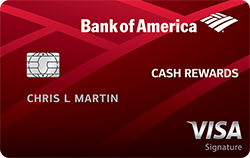

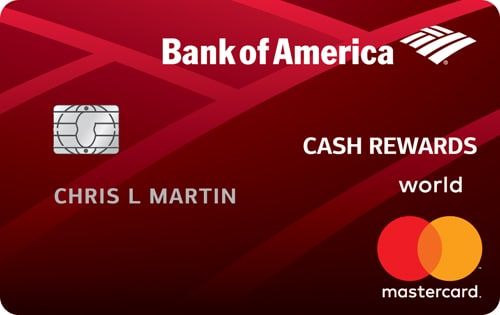
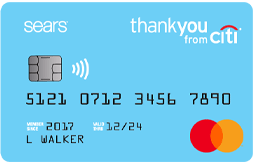
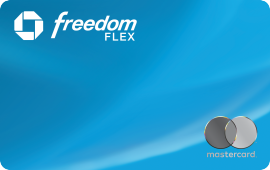

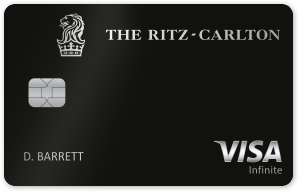 Sock -
Sock - 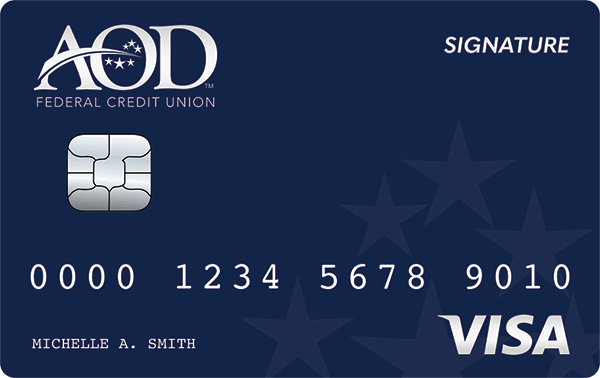


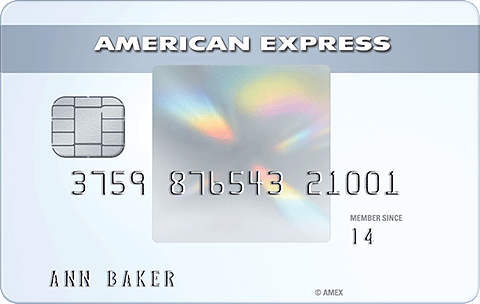 Chopping Block -
Chopping Block - 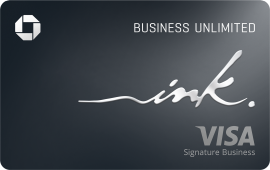
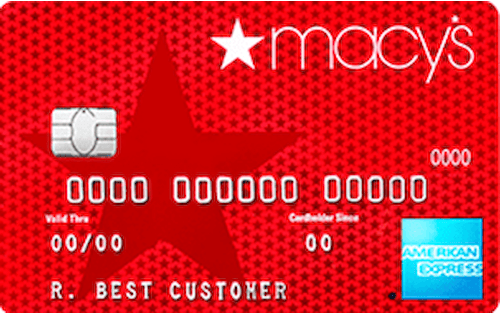
Biz -
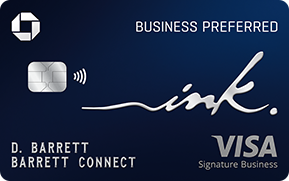
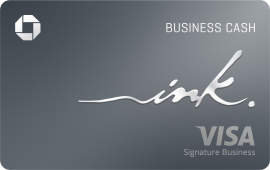

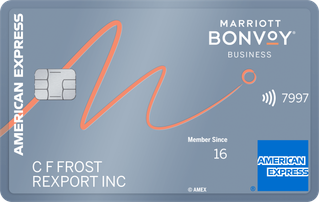 Debit Cards -
Debit Cards - 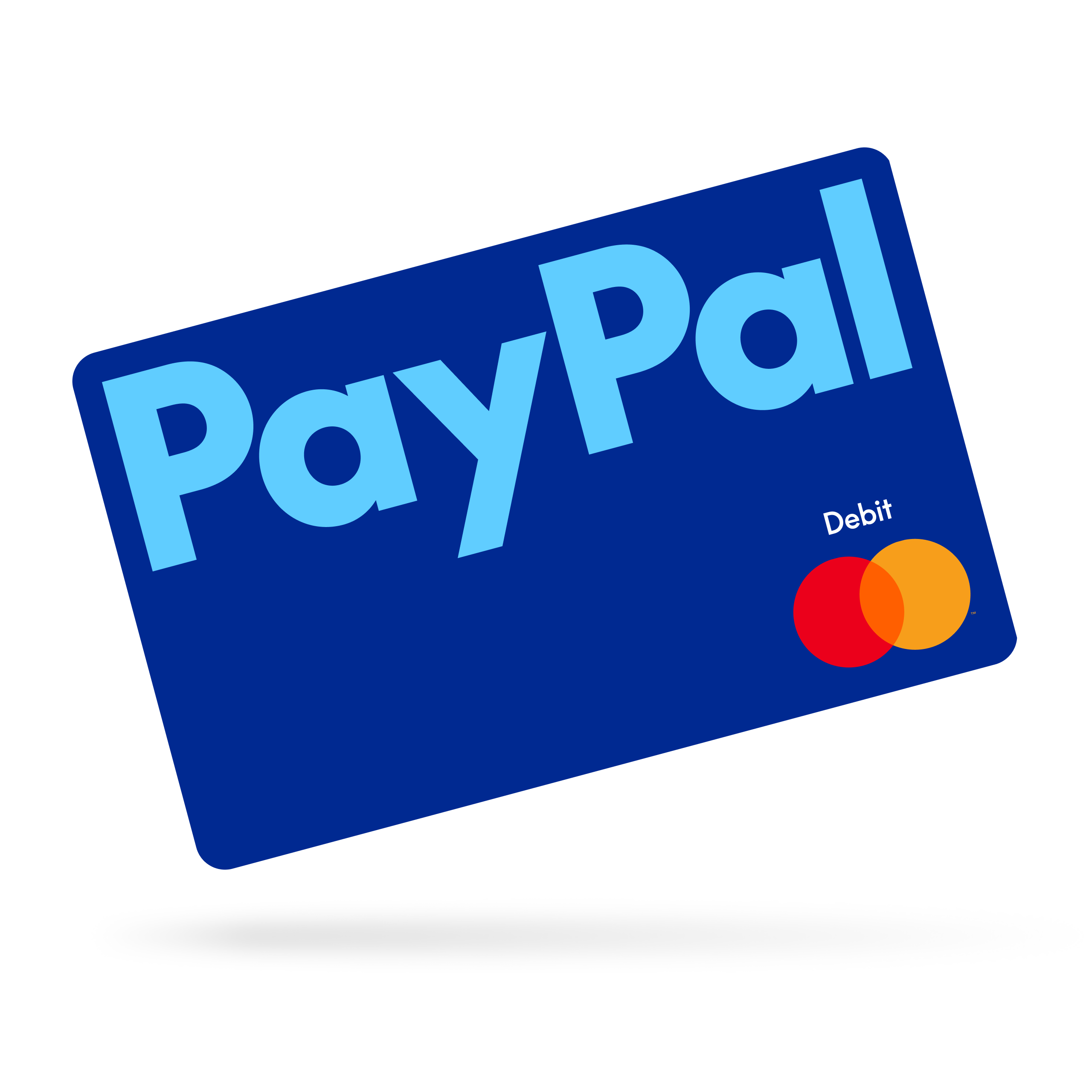
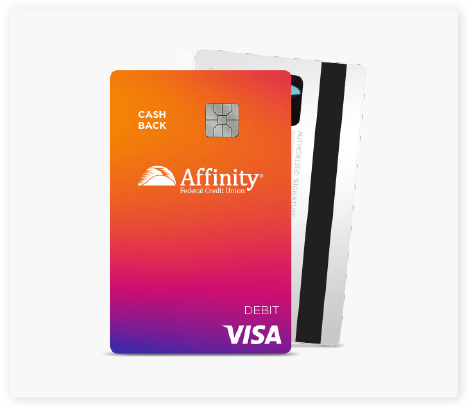
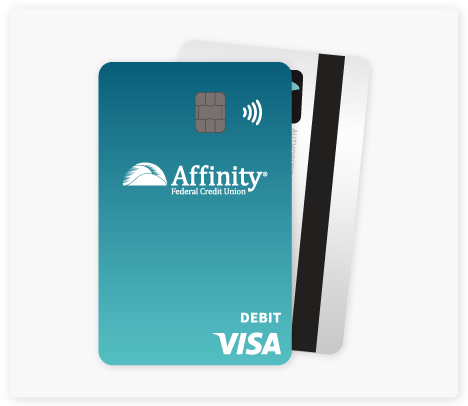




- Mark as New
- Bookmark
- Subscribe
- Mute
- Subscribe to RSS Feed
- Permalink
- Report Inappropriate Content
Re: Best fixed apr credit card to have for emergencies?
Agreed. Of course there's a million opinions of "right ways" to do something, so long as that leverage or transaction provides opportunity. But there are also increasing levels of risk associated, and sometimes ethical issues involved with some choices.
One individual I knew of leveraged his entire line, spent hundreds of thousands on their cards, strategically defaulted, and being stuck between a rock and hard place due to the economic condition, settled those debts. Paid the difference on taxes, took the credit hit, and was smiling ear to ear when it was done and over - because of where and what he invested towards. The returns were worth the taking the trip, in his eyes. Another did something similar with a 125% cash out refi and ended up with a free house after he gave is prior back.
Not saying it's "the right" way I do credit or credit cards, nor do I endorse it, but by their definition, it was a right way. Obviously, much more to their advantage financially. Those were two plays that significantly improved their lot, using OPM. Much too aggressive for me, and quite a bit sleazy.
Multiple months in free credit reward vacations.
$X,XXX in bank rewards in only 12 months.
I like FREE...
800+ FICO.
Making all numbers dance on a financial ledger.
Abuse that score responsibility.
Take nothing I say as financial advice. DYODD.
- Mark as New
- Bookmark
- Subscribe
- Mute
- Subscribe to RSS Feed
- Permalink
- Report Inappropriate Content
Re: Best fixed apr credit card to have for emergencies?
@PayAndProsper wrote:
@Realist escribió:If you want to do credit cards right, then you should be reliably paying them off or leaving some change on the table each month. Let the institutions earn their pennies in profit. When you do this responsibly, reliable, and consistently, it really doesn't matter if you hold an 8% card, or a 38% card, because you never intend to let them earn much of anything at all. When you arrive at this point, it also suggests that you've built an emergency fund separate from credit cards already.
Now, if you've done all this, and it's a real case of SHTF that outlasts your emergency funds or much more, then it takes the importance up a notch. This is where your financial intellect comes into play. To do things you couldn't do, when times were good. Find the silver lining, as there's always at least one. Financial instituations can't bleed a stone, and depending on the severity of the economic condition at hand, opportunities present themselves.
I think there is more than one "right way" to use credit cards. While I would certainly agree that, in general, the aim should be to be a transactor, the interest rate matters.
For example, the credit card that I pointed out earlier, from Vision Financial, offers a fixed 7.5% interest rate. Yes, you may have an emergency fund for emergencies; but, there are also reasons that lead people to take out personal loans. The current average personal loan APR is 12.43%, with some of the best "excellent credit" credit union interest rates coming in at 9%. Seeing as you can take out a cash advance from the card at the same rate as the purchase APR, it would be an objectively less-expensive decision to liquidate the credit card rather than take a personal loan, and the credit card route does not result in any additional inquiries or new accounts. If you add on top of that the fact that, on average, the SPY outperforms that 7.5% APR year-over-year, there's potential for additional benefit.
Using credit cards "the right way" is understanding their mechanics and the best way to utilize financial leverage and cash flow. For many and in most cases, this will mean paying zero interest, but it is not necessarily the only or best way in every situation.
Thank you, that was exactly what I was trying to say, you put it very eloquently!
@unsungivy interesting strategy!

































